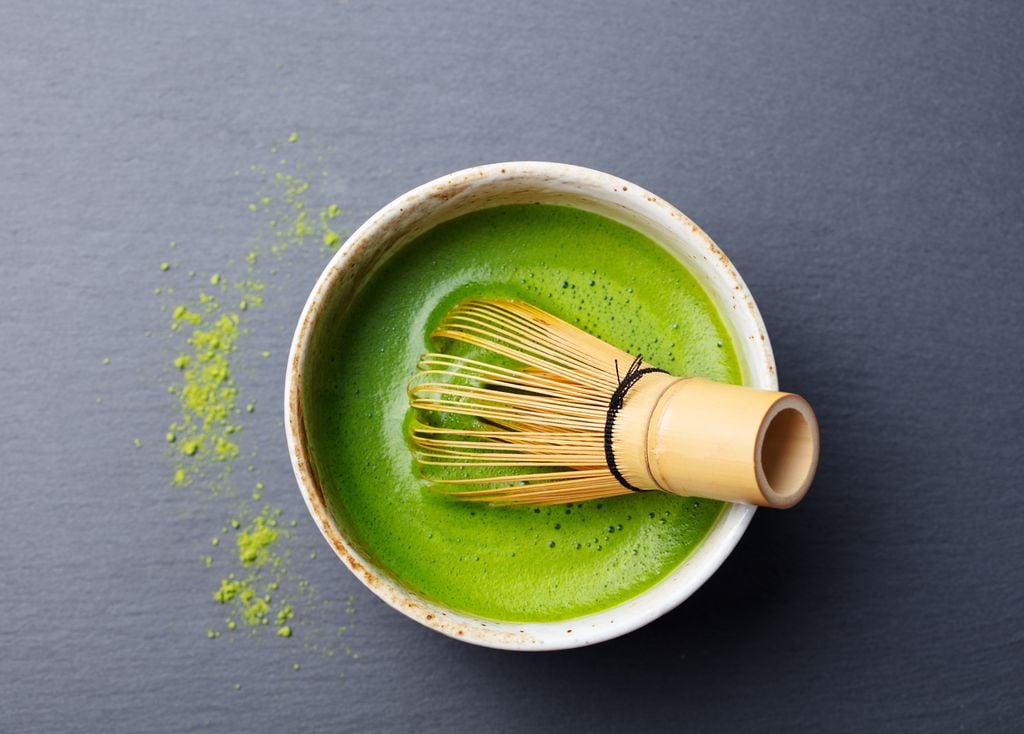Morning Showdown: Coffee vs. Tea – Which Brew Boosts Your Health and Longevity More?
Coffee and tea dominate global beverage choices, each boasting powerful antioxidants, cognitive boosts, and chronic disease protection. But which brew truly offers greater health benefits to start your day?
- More information: Matcha: The 5 benefits of the tea that conquers the world's palates

Coffee and tea are more than just morning rituals—they're beverages rich in health-promoting compounds. While coffee provides immediate stimulation and robust antioxidant protection, tea offers gentler energy with calming properties. Understanding their unique and shared health benefits can help you choose the ideal morning companion.
Energizing Your Mind: Coffee’s Kick vs. Tea’s Calm
Coffee is famed for its higher caffeine content, providing an immediate boost in alertness and cognitive performance. Studies consistently show coffee enhances short-term memory and reaction times, beneficial for both daily tasks and athletic activities. However, too much caffeine can lead to anxiety, insomnia, or rapid heart rate, emphasizing moderation.
Tea, particularly green and black varieties, contains less caffeine but offers a unique combination of compounds that promote "calm alertness." Green tea's L-theanine content creates a relaxed yet focused state, ideal for sustained concentration without jittery side effects.

Black tea, although stronger than green tea in caffeine content, still remains gentler compared to coffee, supporting cognitive function without overwhelming stimulation.
Fighting Disease: Antioxidant Powerhouses at Work
Both coffee and tea are packed with antioxidants that neutralize harmful free radicals, potentially reducing the risk of chronic diseases. Coffee's chlorogenic acid is associated with lower risks of type 2 diabetes, Parkinson's disease, and various liver conditions. Research also links moderate coffee consumption to decreased risks of liver cancer and fatty liver disease, highlighting its unique protective role in liver health.
Tea contains powerful antioxidants like EGCG and flavonols that help protect the cardiovascular system, potentially reducing the risk of heart disease, stroke, and hypertension. For example, regular black tea consumption can improve cholesterol levels, promoting healthier arteries and reduced cardiovascular risks.
Coffee lovers: take heart! (And check out this new review article showing coffee's benefits to human health, wellbeing & healthspan) pic.twitter.com/ufajCQWAh4
— Terra Ziporyn (@terraziporyn) March 19, 2025
Regular green tea intake may enhance skin health by reducing inflammation and the appearance of wrinkles. It also supports bone health through fluoride and other beneficial compounds, potentially lowering the risk of osteoporosis. Additionally, green tea consumption has shown potential benefits in reducing cancer risk, though these findings require further research.
Longevity and Overall Wellness
Integrating coffee or tea into your daily routine may boost your chances of living longer. Studies reveal that regular drinkers of both beverages tend to have lower mortality rates compared to non-drinkers, likely due to their rich antioxidant profiles. For instance, a study published in PLOS Medicine found that individuals consuming 2-3 cups daily of either beverage exhibit significantly lower risks of dementia and stroke.
Furthermore, tea uniquely contributes to emotional well-being, with evidence linking regular consumption to reduced anxiety and lower depression rates. Coffee, on the other hand, offers enhanced physical performance benefits, making it a favored choice among athletes.
Ultimately, selecting between coffee or tea—or combining both—can provide diverse and complementary health advantages, supporting longevity and overall health.
News reference:
Dludla et al. (2023). Molecules, 28(18), 6440. https://doi.org/10.3390/molecules28186440
Kubala, J. (2023). Tea vs. coffee: Which is better for you? Health. https://www.health.com/tea-vs-coffee-8659414
Zhang Y, Yang H, Li S, Li WD, Wang Y. Consumption of coffee and tea and risk of developing stroke, dementia, and poststroke dementia: A cohort study in the UK Biobank. PLoS Med. 2021 Nov 16;18(11):e1003830. doi: 10.1371/journal.pmed.1003830. PMID: 34784347; PMCID: PMC8594796.








